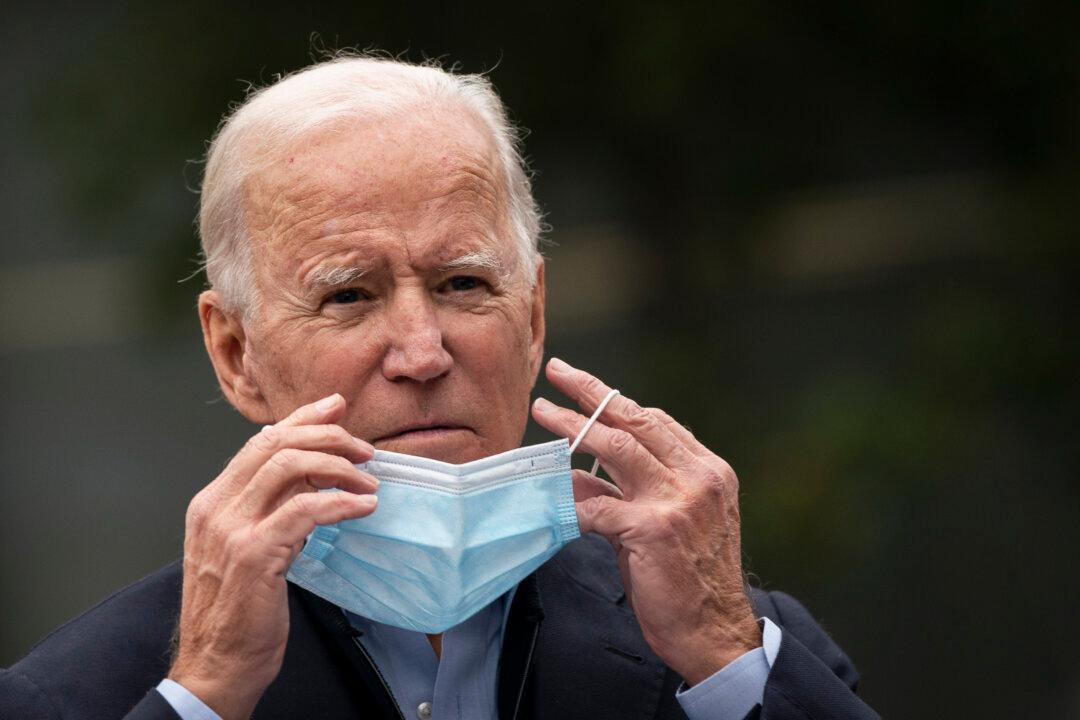Members of Democratic presidential nominee Joe Biden’s CCP virus advisory team have laid out key parts of the strategy they would pursue if Biden is ultimately certified as the winner of the contested 2020 presidential election.
Dr. Atul Gawande, a member of Biden’s CCP virus advisory board, told ABC in an interview that aired Nov. 15 that “No. 1 is a clear voice from the top backing the national comprehensive plan,” which he argued has been lacking.





